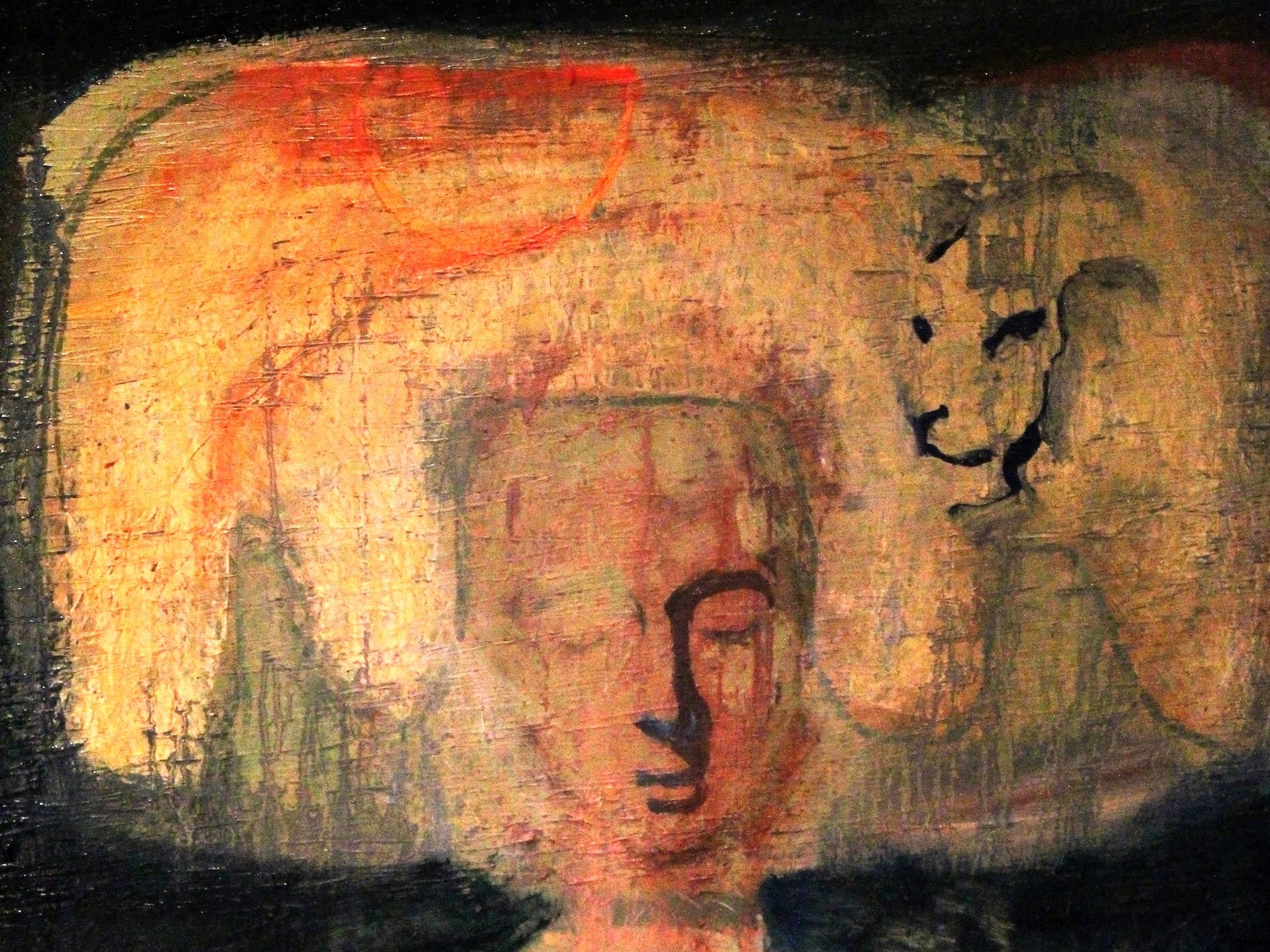When Forgetting Is a Mitzvah
This lightly edited Dvar Torah on Parashat Ki Teitzei was first published in the Jewish Press and written by Eliezer Meir Saidel, the Managing Director of research institute Machon Lechem Hapanim and owner of the Jewish Baking Center, which researches and bakes traditional Jewish historical and contemporary bread. His book “Meir Panim” is the first book dedicated entirely to the subject of the Lechem Hapanim (a.k.a. the showbread put out in the Temple).
Parshat Ki Teitzei has more mitzvot / commandments (74) than any other parsha / Torah portion.
According to the Ohr HaChayim and other commentators, the fact that we read this series of parshiot (Torah portions) in the weeks before Rosh Hashana (the Jewish New Year) is not incidental; each one has an important message to convey regarding repentance and the High Holy Days.
This week I would like to concentrate on one of the many mitzvot in the parsha, one that is easily overlooked but that contains a monumental life lesson.
Torah is mostly concerned with remembering: Remembering our Exodus from Egypt, remembering the merit of our forefathers, and at the end of our parsha – remembering what Amalek did to us.
Memory is an integral feature of our faith because it grounds us by constantly reminding us from whence we came and where we are headed.
There is, however, one mitzvah – found in this parsha -- that is the antithesis of remembering, and that is, “When you reap your harvest from your field and you forget a sheaf of wheat behind in the field, do not return to collect it; it shall be for the stranger, orphan and widow, so that Hashem your G-d will bless you in everything that you do” (Devarim / Deuteronomy 24:19).
In this mitzvah, we are commanded that if we forget a sheaf of wheat in our field after the harvest, we must not return to retrieve it, but rather leave it for the less fortunate.
Shichecha (forgetting) is unique amongst the positive mitzvot in that it may not be performed with kavanah (intention).
As we know, ideally ritual acts and commandments require intention, but if someone performs a mitzvah without it, then after the fact, they have performed the mitzvah.
The only mitzvah in the Torah for which having kavanah disqualifies… is shichecham (forgetting)…. The only way to fulfill the mitzvah is if someone truly and honestly forgot the sheaf and then suddenly remembers…
What is so special about this mitzvah, and what is its relevance specifically to Ki Teitzei?
Of the five gifts to the poor, the mitzvah of shichecha (forgetting) is the highest level.
The other four are indeed tzedaka (acts of charity or redistributive justice), but they are all premeditated, and this lowers their worth…
By unintentionally forgetting the sheaf, the owner in effect erased any possible ulterior motive in performing the mitzvah.
Yes, most of the Torah is about remembering, but forgetting also has great power.
Why does forgetting have great power?
Teshuva (returning to the right path or behaviors and repair for wrongdoing) is all about forgetting.
You first have to remember that you committed a sin and sincerely regret it, but to truly do teshuva, you have to undergo a process of forgetting and “unlearning.”
You have to unlearn the bad habits that you acquired that led you to commit that sin. This is often a gradual and arduous process that we struggle with for most of our lives.
This is the awesome power of forgetting, the incredible gift of teshuva that Hashem gave us, and the special month of Elul where we have a hotline to Hashem, and the yetzer hara (our internal inclination to selfishness and potential wrongdoing) is weakened.
We now have three weeks until Rosh Hashana (the Jewish New Year) to grab this opportunity and start the year with a clean slate – to forget the old year and all its hardships and herald the new year with all its blessings.
Torah is mostly concerned with remembering: Remembering our Exodus from Egypt, remembering the merit of our forefathers… Memory is an integral feature of our faith because it grounds us by constantly reminding us from whence we came and where we are headed.
Kavannah:
- Can you think of a time when you recognized you had done wrong, regretted the act, took responsibility for your part, resolved to change and repaired what happened (if that was possible)? These 5 steps in the process of teshuva (often translated as “repentance”) all need to be completed to gain forgiveness from other people and G!D according to Judaism.
- Thinking back to the teshuva process you may have once gone through, what do you think the author meant by “to truly do teshuva, you have to undergo a process of forgetting and “unlearning?” Was that your experience as well?
- Is the process of change itself, in any form, a kind of forgetting one part of self in order to create another part of self? (Or is this overthinking it…? ;-)
- We are always interested in hearing from you, so write back with your perspectives!
Shabbat Shalom!






